Rewe is doing it, Fressnapf is doing it, and even Aldi is trying it: advertising without print brochures. Marketeers in the German retail sector have a constant topic of discussion. In the German DIY market, the discussion has picked up speed since Obi's exit in the summer of 2022 at the latest. However, it is no longer being conducted according to the initially rigid pro-and-con pattern. Rather, a hybrid approach is emerging. Doing one thing without completely abandoning the other. Because one thing is clear: it won't work without advertising incentives.
In the discussion, more and more participants are speaking up, and sometimes a few less participants as well. At the end of July, for example, the environmental NGO Deutsche Umwelthilfe (DUH), which is not without controversy in Germany, sent a press release to the discounter Norma calling for the abolition of printed advertising material – “just as Rewe, Obi, Ikea, Fressnapf and, more recently, Aldi Süd have done on a trial basis”. The DUH took “current market data” as the reason for this, according to which the discounter's advertising expenditure in 2023 “almost entirely went into print products instead of paper-free digital offer information”.
Whether or not you want to tie this to the advertising behavior of a market participant, the second demand of the environmentalists should give the industry more to think about. It is addressed to the German Environment Minister Steffi Lemke, who is supposed to ensure an opt-in regulation to stop the distribution of unwanted advertising brochures. Brochures would then only be allowed in the letterbox if a sign saying “Advertising, yes please” expressly allowed it. Such a law would significantly change the starting position for advertisers.
The German Ministry of Justice had already rejected a corresponding demand in 2022, but the “advertising refuseniks”, as they are called in the industry, could continue to grow in number. According to publications by the Federal Association of Digital Publishers and Newspaper Publishers, 30.9 percent of letterboxes in Germany currently have a corresponding sticker; in 2016, the figure was 24.1 percent.
The debate is raging in other countries as well. The Danes have just decided to stick with the opt-out rule. Amsterdam, on the other hand, has been applying the opt-in principle since 2018, and other Dutch cities have followed suit. And in France, a pilot project for the opt-in procedure, called “Oui pub” there, has been running in…

 Menü
Menü




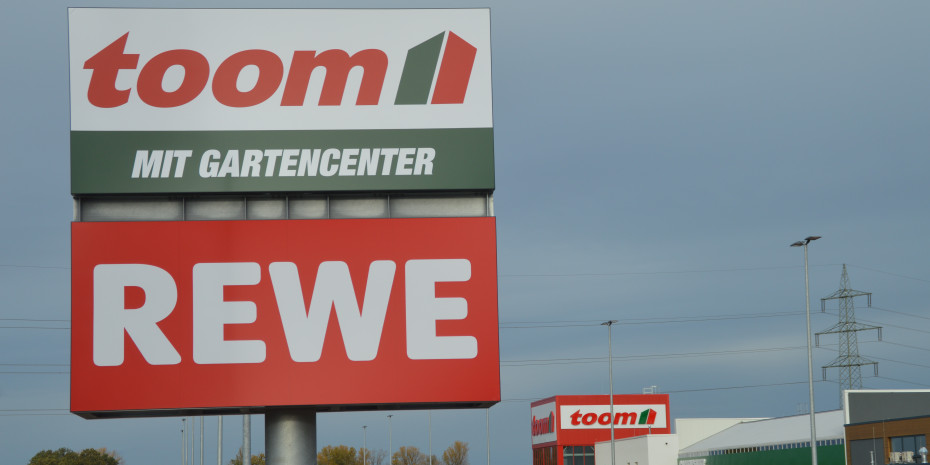


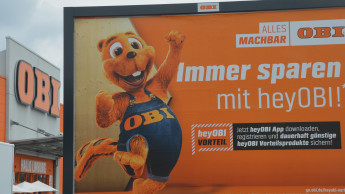

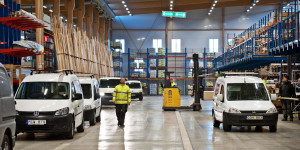


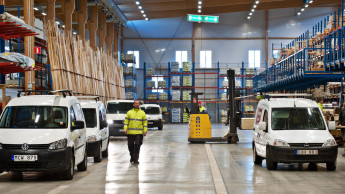
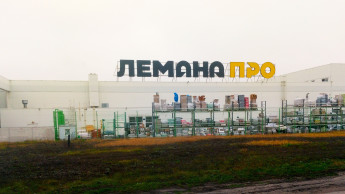
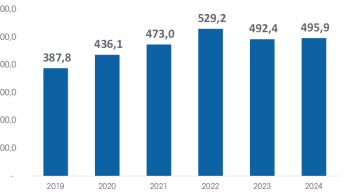
 Newsletter
Newsletter